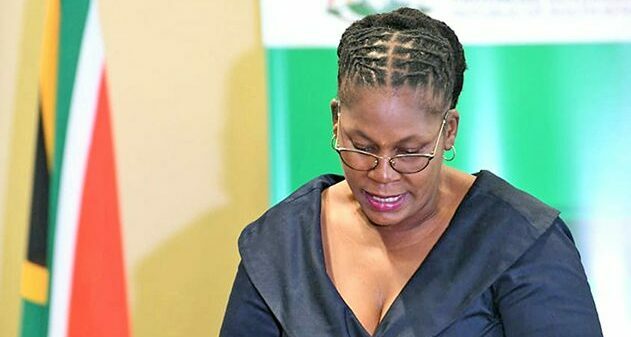All the KwaZulu-Natal schools that achieved a pass rate of less than 40% in 2022 matric results will on Thursday face the MEC for education to account for their poor performance and outline plans to improve the results in 2023.
The province’s top education officials led by MEC Mbali Frazer and head of department Nkosinathi Ngcobo will kick-start the accountability session by meeting 20 principals and circuit managers from seven of the province’s 12 districts at the Anton Lembede Academy in La Mercy, north of Durban.
The province introduced accountability sessions in 2022 with only one district Ugu, which did not have any school that attained an overall pass of less than 40%.
This year, a total of five districts will not have to account to the department for their poor performance.
“The aim of the programme is to do away with the 40% below category of performance in the national senior certificate [NSC] examinations,” Sihle Mlotshwa, provincial spokesperson, said on Wednesday.
“Circuit managers and principals will account for their poor performance and present their turnaround strategies before the leadership of the department.”
According to the NSC 2022 results report, 20 schools in the Zululand, Uthukela, Umzinyathi, Umgungundlovu, Pinetown, Umlazi and King Cetshwayo districts achieved pass rates of 10% to 37.8%.
The Mgwempisi Combined School in the Umzinyathi district achieved a 10% pass rate with only one of the 10 pupils who wrote matric passing the exams.
The Mthaniya Combined School in the Uthukela district recorded a 14.9% pass rate and the Zithume High School in the King Cetshwayo district attained 18.2%.
Mthaniya and Zithume have not been able to achieve a pass rate of more than 40% or more in the past three years.
Mlotshwa said the second and third leg of the accountability programme will take place after the department had analysed 2023’s first-term common tests, with the MEC and the leadership of the department visiting all the affected districts individually.
Ngcobo said the sessions are not to punish or embarrass the schools that did not perform well, but to empower them to improve their results.
“It gives the principals a sense of accountability, and in a way motivates them to not want to be part of the sessions the following year,” Mlotshwa told Sunday World.
Frazer said the programme is already having a positive impact on the performance of schools.
“Last year, only Ugu did not have to account for their below-40% performance, and this year there are five districts [Ugu, Umkhanyakude, Ilembe, Harry Gwala and Amajuba] that won’t be part of the accountability sessions,” Frazer said.
“This is a clear indication that this programme is bearing the much-desired results and we are going to intensify it until there is no school that attains below 40% in our province.”
KwaZulu-Natal, which was hit by devastating floods in 2022 that affected more than 500 schools and claimed the live of at least 57 pupils, was number three after Free State and Gauteng.
It was ranked as the most-improved province with 76.8 in 2021 to 83% in 2022 national senior certificate matric results.
For more education news from Sunday World, click here.
Follow @SundayWorldZA on Twitter and @sundayworldza on Instagram, or like our Facebook Page, Sunday World, by clicking here for the latest breaking news in South Africa. To Subscribe to Sunday World, click here



